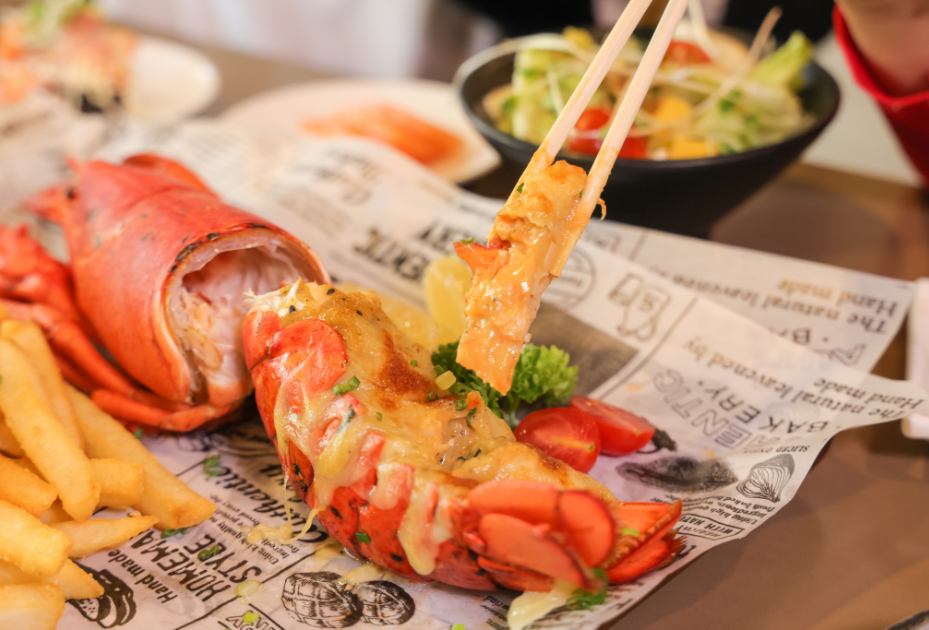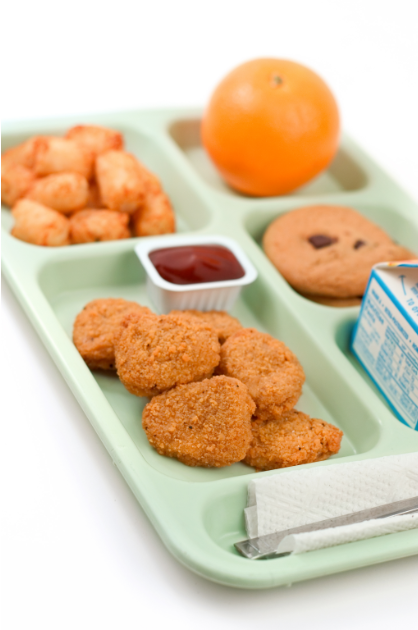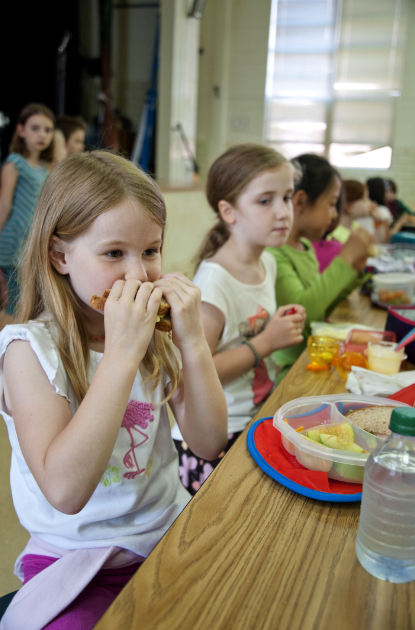The side to the Whole Foods peeled oranges conversation you didn't see.
Backlash to pre-peeled oranges prompted an important discussion.
Last week, a woman named Nathalie Gordon set the Internet ablaze when she tweeted a photo and quip about some oranges at her local Whole Foods.
How wasteful, I thought when I saw her tweet. How lazy does someone have to be to not even peel their own oranges?
While it's clear Gordon was just joking around, her tweet gained immediate traction, racking up tens of thousands of likes, retweets, and replies from people with various conservationist messages and concerns about the unnecessary and seemingly wasteful use of plastic (as well as just outright demands to pull the product).
Less than three hours later, Whole Foods tweeted, "Definitely our mistake. These have been pulled. We hear you, and we will leave them in their natural packaging: the peel."
Photo from iStock.
That's the end of it, right? I thought so, too — but then I noticed a group of people responding negatively to Whole Foods' decision to pull the pre-peeled, plastic-wrapped oranges from the shelves, and the point they were making was important.
The decision to pull the product ignored the needs of individuals with arthritis and other disabilities that make peeling an orange difficult.
Members of the disabled community were quick to weigh in and provide thoughtful time- and energy-consuming responses to the decision to help able-bodied individuals understand their frustration.
New York City's first annual Disability Pride Parade on July 12, 2015. Photo by Stephanie Keith/Getty Images.
Kim Sauder, a Ph.D. candidate in disability studies, posted about the decision at her blog crippledscholar, "As a person with limited hand dexterity, I look at this and see an easier way to eat healthy food."
"Preparing food with limited mobility is both hugely time consuming and potentially dangerous. While adapted cooking tools do exist to help offset those issues, they are really expensive, " Sauder explained on her blog. "Anything that helps make my regular acts of daily life safer and more convenient is always a plus. So I was one of a number of disabled people who pushed back against the wholesale shaming of preprepared foods."
Others, like Eb, who is both autistic and disabled, chimed in on Twitter, writing, "There is a very real need for pre-peeled fruit, as a number of people, me included, pointed out. This should not be in dispute."
"Any time you see a 'so lazy!' product you want to dig at, 99.9% of the time it's an accessible item for someone," author Ana Mardoll explained in a series of tweets.
"It is draining, tiring, painful to continually be treated like a wrongful drain on Mother Earth because we're disabled," Mardoll tweeted. "In addition to the wrongful drain we often feel we are on families, employers, etc. We exist. We take up space. We buy pre-peeled oranges and wear Snuggies and those 'ugly' plastic shoes and have grabbers to pull up our socks."
People who live with a disability are the world's largest minority group, yet they're often treated as though they're invisible.
The potential benefit something as simple as pre-peeled oranges could have for someone living with disability isn't something that always occurs to those of us who are able-bodied, and that's due in large part to the fact that it's simply not a reality we've experienced.
When we see ramps, elevators, and other tools designed to make the world more accessible to people with disabilities, it's easy for the first reaction to be, "How lazy do you have to be to take the elevator to the second floor?" In reality, without that elevator, others may not be able to reach the second floor at all.
It's not laziness, it's life.
New York City's Disability Pride Parade on July 12, 2015. Photo by Stephanie Keith/Getty Images.
Just as it's easy not to see racism when you're white, homophobia when you're straight, or sexism when you're male, it's easy to see past ableism when you're not disabled.
This isn't just about a tweet or some oranges, but about how we treat the disabled community as a society.
The world is built for those of us living free from disability. And while certain things like the Americans with Disabilities Act have tried to ensure public spaces are made accessible to all, it's a far cry from true acceptance and accommodation.
What the world needs is more empathy for our fellow humans. It's the difference between remarking, "How lazy!" and instead asking, "How can I help?"
As for Whole Foods, it turns out they will continue to sell peeled orange and tangerine slices.
Asked for comment, Whole Foods told Upworthy the following:
"Many of our customers love the convenience that our cut produce offers, and this was a simple case where a handful of stores experimented with a seasonal product. Orange and tangerine slices have long been a staple favorite in our stores, and we'll continue to offer them alone with other sliced produce options for customers who are looking for added convenience. We're glad some customers pointed out this particular product so we could take a closer look and leave Sumos in their natural packaging — the peel."
Photo by Scott Olson/Getty Images.
It's possible to find a place where accessibility and minimal environmental impact meet, and hopefully Whole Foods can do that.
This isn't a zero-sum game, and there's certainly a path forward that is both accessible and environmentally-friendly. If we can seek out more environmentally-friendly solutions for things like fuel for our cars, we can do the same for the plastic we use in packaging.
Maybe that solution involves packaging pre-peeled and pre-sliced foods in biodegradable containers, maybe it involves an increased push for recycling, or maybe the solution has yet to be thought up. In the meantime, though, there are people who need their world to be accessible.



 Student smiling in a classroom, working on a laptop.
Student smiling in a classroom, working on a laptop. Students focused and ready to learn in the classroom.
Students focused and ready to learn in the classroom.
 A woman telling you to be quiet.via
A woman telling you to be quiet.via  A woman telling you to be quiet.via
A woman telling you to be quiet.via 
 Teens hanging out in a living room.via
Teens hanging out in a living room.via  Teenagers eating pizza.via
Teenagers eating pizza.via  Teenagers eating pizza.via
Teenagers eating pizza.via 
 A man standing up inside a plane
A man standing up inside a plane A hospice nurse with her female patient.
A hospice nurse with her female patient. 
 Can't quite imagine this on the average American school lunch tray.
Can't quite imagine this on the average American school lunch tray. A typical American school lunch.
A typical American school lunch. Kids eating lunch.
Kids eating lunch.